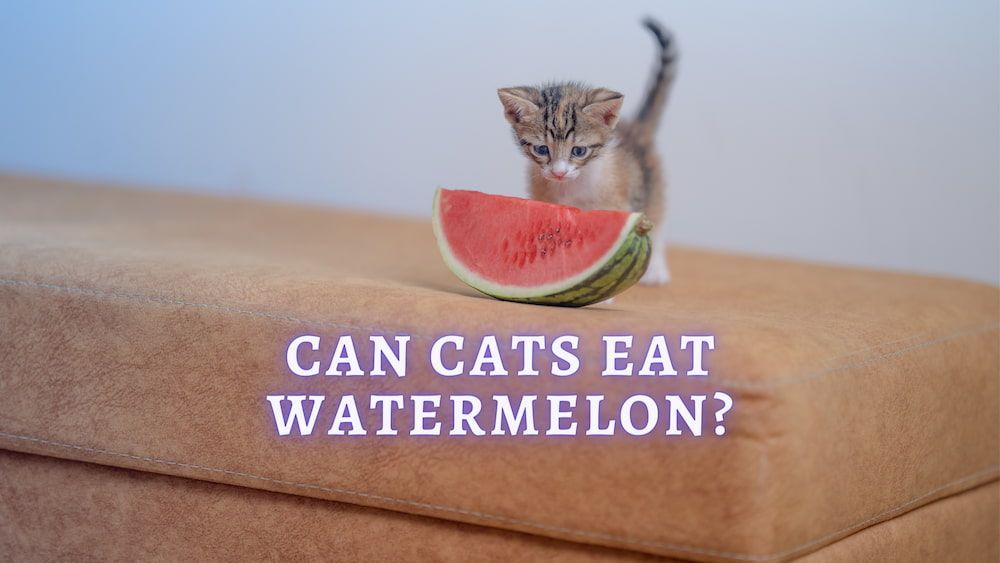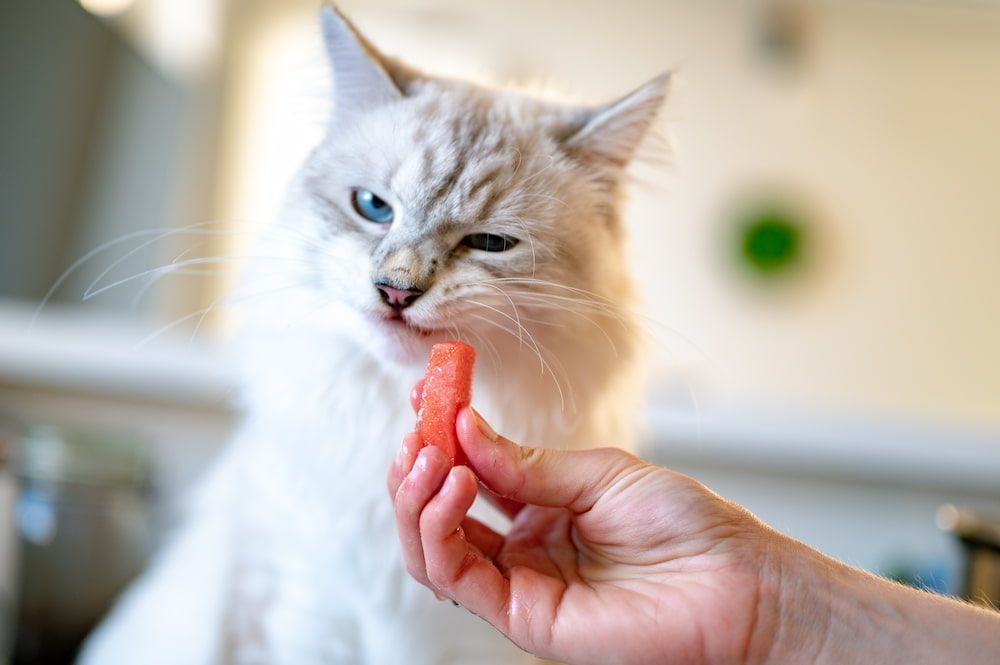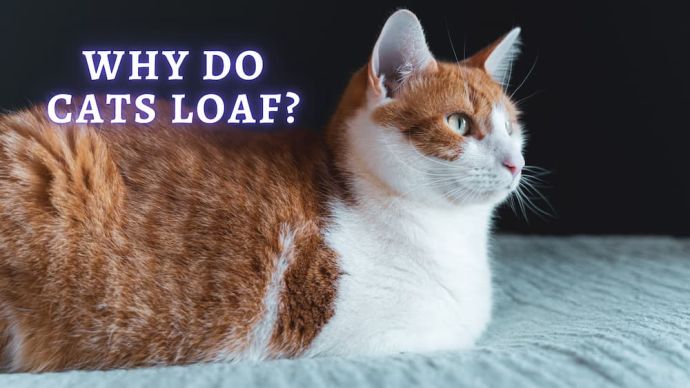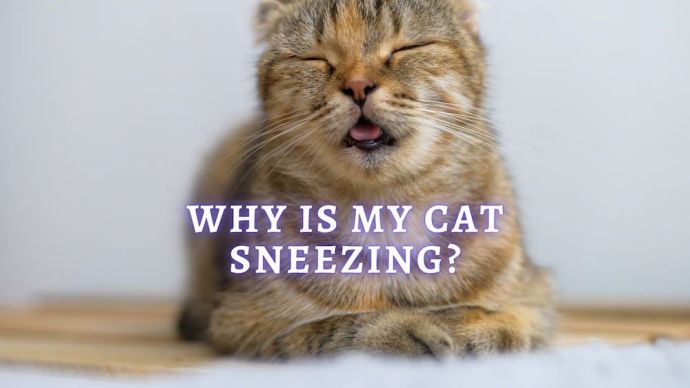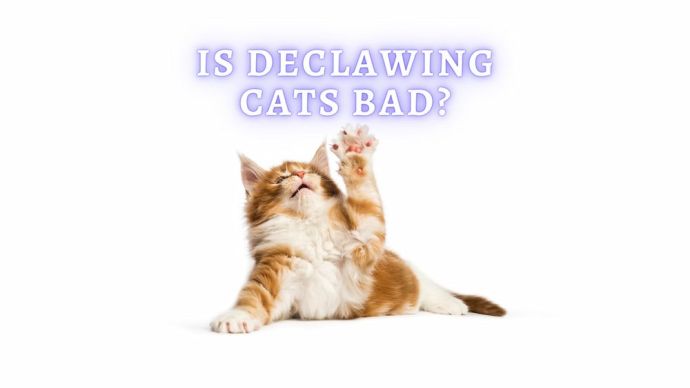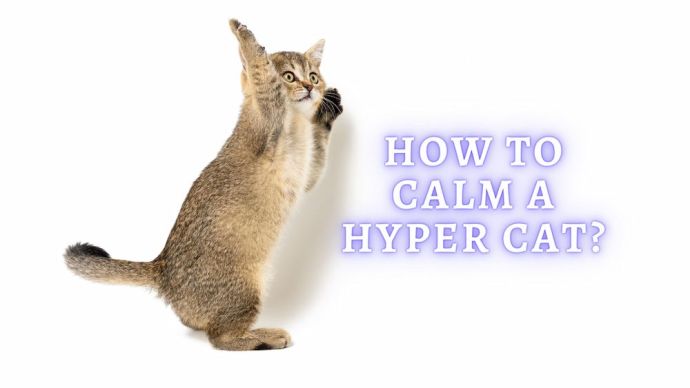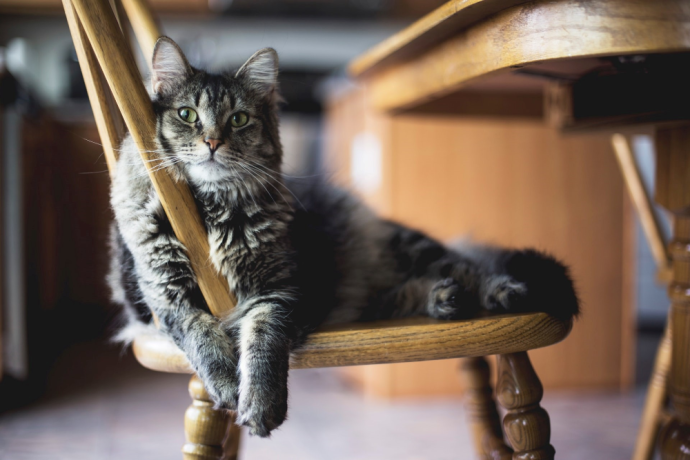Can Cats Eat Watermelon? Is Watermelon Safe for Cats?
Written by:
Author: Vicki Smirnova
Vicki Smirnova is a professional writer and editor who adores animals and helps readers get along well with their pets. She has been working in digital media for more than 5 years and has great experience writing content about lifestyle, including pets. Vicki specializes in dog health and nutrition, cat feeding, dog training. She is an aquarium lover and is passionate to write about fish care at home. Also, Vicki headed several websites and worked as a news editor.
View all 245 articlesLearn about our editorial process and veterinary review board.
Viewed: 135
Updated on: 08/03/2022
While cats are carnivorous, some like fruits and berries occasionally can be a part of their diet. For example, human food like watermelon is safe for a cat. Their bodies are adapted for meat and animal food and do not need vegetables (and, in fact, vegetable fiber is slowly and poorly digested by their body).
Can cats eat watermelon? ? Watermelons, in reasonable quantities, are not toxic to cats, so they can eat them without harming their health (however, they should not be a regular part of the diet). Watermelon is even useful if the cat is constipated or slightly dehydrated due to hot weather. And if your cat is simply curious about the fruit you are eating, a tiny piece of watermelon won’t cause problems, either.
It is worth noting that the addiction to watermelons is characteristic only of indoor domestic cats. If they eat dry food, they need liquid to dissolve it. Considering that melon berry consists of 90% water, you can guess that in this way cats make up for the lack of fluid in their body. It is also worth considering that eating exclusively dry food often leads to stones forming in the kidneys. The properties of watermelon to dissolve and remove them help to avoid such pathology. Some breeds are genetically prone to urolithiasis and develop chronic kidney failure. It can accumulate nitrates in the fruits, which sometimes makes them dangerous for people. Sometimes eating this fruit can cause severe poisoning, vomiting and diarrhea.
As for domestic felines, you should not force your pet to eat watermelon. But pets can take the initiative themselves – put some safe and healthy treats on the cat’s plate and watch when and how much the pet will eat it. Perhaps he really does not have enough fluid in his body?
Is watermelon healthy for a cat’s diet?
Watermelon is saturated with vitamins and minerals and contains pectins, carotene, thiamine, ascorbic and folic acids, potassium, iron, phosphorus and calcium. The medicinal composition of watermelons stimulates metabolic processes in the body, improves the functioning of the liver and, most importantly, cleanses the kidneys, preventing the formation of sand and stones. In addition, watermelon has other useful properties:
1. It helps maintain water balance.
Cats are usually not big fans of sweets, and watermelon attracts them not with its sweet taste but its high water content. Often pets ignore bowls of liquid, but they will not refuse to eat fruit. Sometimes it turns out to be more effective than drinking fountains, open taps, special toys.
READ MORE: Cat Drinking a Lot of Water
2. Contains fiber.
Fiber is an important part of a cat’s diet, responsible for proper digestion. If your pet is constipated, you can offer the pet a watermelon. As a rule, digestion improves after that. However, remember that if this is a chronic problem, it is necessary to consult a doctor.
3. A good source of vitamins.
Watermelon flesh can be a great addition if your pet lacks vitamins A and C. In addition, the fruit contains magnesium and potassium, which are necessary for every cat. Watermelon is good for the heart and bones due to carotenoid lycopene in its composition – a substance contained in red fruits and vegetables. Lycopene is a strong antioxidant that prevents, among other things, the development of cancer. [1]
Watermelon contains the following nutrients:
- Vitamin B6
- Phenolic antioxidants
- Pantothenic acid
- Copper
- Biotin
- Magnesium
- Vitamin C
- Vitamin B1
- Potassium [1]
READ MORE: Can Cats Eat Sour Cream?
How to safely feed watermelon to cats
The following are recommendations for the safe feeding of watermelon to cats:
Before offering this fruit to your pet (even if it is generally considered safe), check with your veterinarian.
The recommendation is that pet healthy treat should not exceed 10% of a cat’s daily calories. For example, if a pet’s diet consists of 250 calories, only 25 should come from healthy cat treats. According to the American Department of Agriculture, a glass of pulp contains about 45 calories. Cats have different nutritional needs and require different amounts of food to maintain their ideal weight. If you don’t know how many calories your furry friend needs or what his correct weight is, visit a veterinary clinic. The specialist will create a feeding plan according to the individual characteristics of your pet.
The fruit must be thoroughly washed and should be cut into slices convenient for the animal. Feed your pet small pieces. Removing all seeds from the watermelon flesh is recommended to avoid irritation of the intestines. Rinds are also not suitable pet treats, as they are difficult to digest.
Even safe products can cause unpredictable reactions. In this regard, after the animal has been offered a new food, it is necessary to monitor its condition (for the appearance of symptoms such as nausea, diarrhea, etc.).
Cats must eat only ripe, seasonal berries, which peaks in August. Their use will help to avoid diarrhea, vomiting. If a pet asks for this berry, it means that its body really needs it.
Can cats eat watermelon seeds?
Unfortunately, there are compounds in the seeds (for example, cyanide) that are dangerous for cats. Suppose the animal does eat a few seeds. In that case, this usually leads to stomach upset, diarrhea and vomiting and, in serious cases, it can provoke diseases that might even require a blood transfusion. Since cats are small in size, the effect of toxic substances on their body is much more intense. In addition, the seeds are not digested and can damage the pet’s internal organs. Finally, they may simply choke while trying to chew watermelon seeds.
Can cats eat watermelon rind?
The rind is also difficult to digest, although its accidental consumption in food is not too dangerous. In addition, like other fruits, watermelon is not intended for daily consumption. Over time, frequent eating of sweet fruit can cause diabetes mellitus.
Never feed watermelon to a diabetic animal!
Diabetic pets cannot eat this fruit because it contains a lot of natural sugar. This can adversely affect the pet’s health and lead to digestive problems, weight gain and obesity.
Cats with diabetes usually drink a lot of water and eat little. Frequent urination may also be a symptom. If pet owners notice these clinical signs, be sure to contact your veterinarian.
Although watermelon is safe for cats, this does not mean that it should be included in their regular diet. The pet should consume it only in small quantities and under its owner’s supervision. Fruit is a random treat in a cat’s “menu” rather than a regularly served dish. Watermelons should not make up more than 10% of a cat’s diet – the remaining 90% is high-quality food or balanced natural nutrition.
What other fruits can cats eat?
Not all healthy treats (fruits and berries) are suitable for animals and may not be ideal for your pet. These products often cause food allergies and may cause diarrhea or bloating in pets, especially those suffering from problems with the gastrointestinal tract. Some fruits and berries may be prohibited for consumption by a cat due to some chronic disease; therefore, before feeding the animal with products that, at first glance, are very useful, it is better to consult with a veterinarian. Below is a list of fruits that are suitable for consumption by a cat:
- Apple. This fruit is high in fiber and low in sugar, which makes it an excellent choice for cats of a certain age, overweight or with a slow metabolism. In addition, this fruit is a source of vitamin C and vitamin A, which help to maintain the health of your pet’s tissues and bones. Removing the seeds and the core is essential as they contain cyanide.
- Apricot. This fruit is a source of beta-carotene, provides 50% of the recommended vitamin A, and has anti-cancer properties. Do not forget to remove the apricot pit so that the animal does not eat it, as it is toxic.
- Banana. The potassium present in this fruit will help your kitty’s heart and kidneys. In addition, the banana gives a feeling of fullness, which can help some overweight kitties cope better with their diet. The only problem with a banana is that it has a high content of sugars and carbohydrates.
- Blueberries. The benefits of this fruit are not only for people, but also for animals. They prevent cellular aging and urinary infections and are rich in vitamin C and flavonoids. So cats eat blueberries often.
- Strawberry. This fruit is a rich source of vitamin C and fiber. However, this berry must be given in limited quantities to avoid allergies and digestive disorders.
- Raspberry. This fruit is used to treat respiratory diseases in animals. However, this fragrant berry can cause an allergic reaction in cats. That is why any berries are given in small portions. [2]
READ MORE: Can Cats Taste Spicy Food?
Health concerns from watermelon consumption
Watermelons are fertilized with insecticides, which tend to accumulate in the pulp. Traces of chemicals can cause poisoning and stomach upset. In this case, an adult cat will become ill and even a small portion can kill a kitten.
If the cat has never eaten watermelon, monitor its condition. It would be best if you made sure that there are no signs of allergies. Nausea, indigestion, diarrhea, and constipation are symptoms of a bad reaction to what it has eaten. If these signs appear, the cat does not tolerate watermelon well. In this case, do not give any watermelon.
Final Thoughts
Watermelon is one of the safest human foods you can offer if you want to pamper your pet. Of course, this fruit does not contain the protein that cats need, but it has a lot of liquid, vitamins and minerals.
If a cat doesn’t have diabetes and can handle a little extra moisture and fiber in its diet, a small piece might be just what it needs. At the same time, never salt the watermelon and remove all seeds. Can cats eat watermelon rind? No, you should cut off the rind.
If the pet does not react well to this fruit, do not offer it again. And, as always, discuss changes to your cat’s diet with your veterinarian.
FAQs
Why do cats love watermelon?
Cats love watermelons because they are attracted by the smell, the flesh saturated with moisture and the crispy crust.
Which fruits can cats eat?
Berries are very popular with animals because of their pronounced taste, and they are a good source of vitamins and a good treat for pets. However, the diet of berries should be no more than 3%. In addition, cats can eat apples, bananas, apricots and blueberries.
Is watermelon bad for kittens?
Watermelon cannot harm a cat in reasonable quantities, and watermelon is even useful if the cat is constipated or slightly dehydrated due to hot weather. If a cat does not have diabetes and it can withstand a little extra moisture and fiber in its diet, a small piece of watermelon may be what it needs.
Can cats lick watermelon?
Although watermelon is safe for cats, this does not mean that it should be included in their regular diet. The pet should consume it only in small quantities and under the owner’s supervision. Watermelons should not make up more than 10% of the cat’s diet.
Article Sources:
- Lenox, Catherine. “Metabolic Bone Disease and Central Retinal Degeneration in a Kitten Due to Nutritional Inadequacy of an All-Meat Raw Diet.” PubMed Central (PMC), 1 June 2015, ncbi.nlm.nih.gov/pmc/articles/PMC5362880/.
- “Toxic and Non-Toxic Plants.” ASPCA, aspca.org/pet-care/animal-poison-control/toxic-and-non-toxic-plants.
 Cat Care How to Get an Aggressive Cat Into a Carrier? 6 Methods to Get a Cat Into a Carrier
Cat Care How to Get an Aggressive Cat Into a Carrier? 6 Methods to Get a Cat Into a Carrier - 1339
- 0
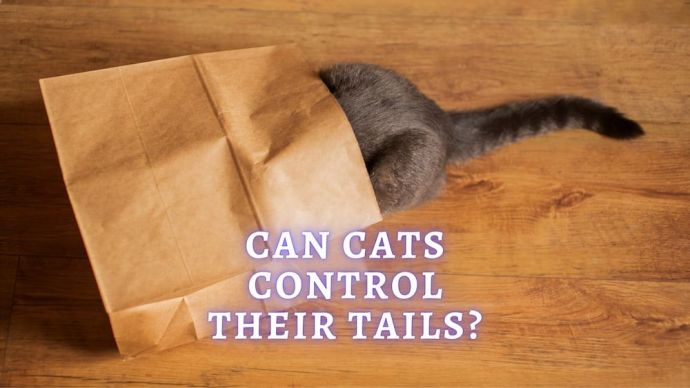 Cat Care Can Cats Control Their Tails? How Much Control Do Cats Have Over Their Tails?
Cat Care Can Cats Control Their Tails? How Much Control Do Cats Have Over Their Tails? - 71
- 0
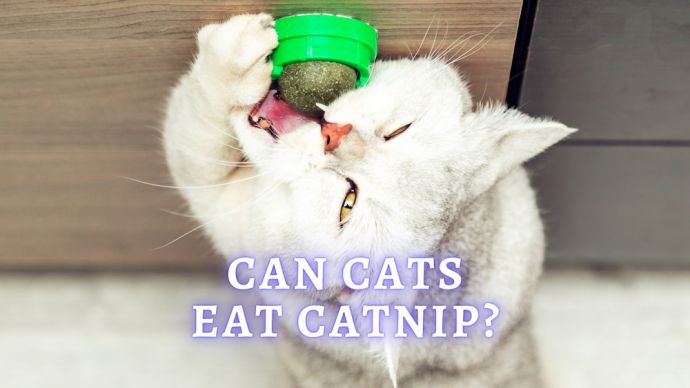 Cat Care Can Cats Eat Catnip? Are There Any Health Benefits to Cats Eating Catnip?
Cat Care Can Cats Eat Catnip? Are There Any Health Benefits to Cats Eating Catnip? - 84
- 0
 Cat Care Why Does My Cat Attack My Legs? 10 Reasons Why and What To Do About It (Vet-Approved Advice)
Cat Care Why Does My Cat Attack My Legs? 10 Reasons Why and What To Do About It (Vet-Approved Advice) - 45566
- 21
 Cat Veterinary Tips Cat Stomach Gurgling: Vet Advice on Why is Your Cat Stomach Gurgling?
Cat Veterinary Tips Cat Stomach Gurgling: Vet Advice on Why is Your Cat Stomach Gurgling? - 35340
- 4
 Cat Veterinary Tips My Cat Lost its Voice: Can Cats get Laryngitis? (Vet Advice)
Cat Veterinary Tips My Cat Lost its Voice: Can Cats get Laryngitis? (Vet Advice) - 23247
- 13









